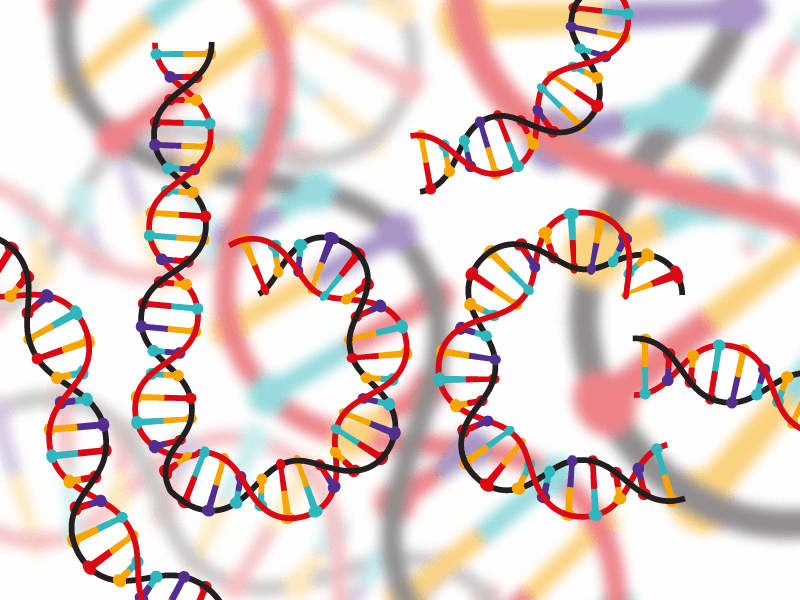Your genes tell a lot about you. And it is becoming easier to use your DNA for research, health advice and 'big data' analysis. How do you ensure that your genetic data is safe? And can we organise that together? Become part of the community that researches what a commons for genetic data should look like by design!
In a series of four meetings, we investigate what BioCommons – organisations for the joint management of genetic data – can look like. This gives you more insight into and control over this information, and we contribute to socially relevant knowledge. Make your voice heard during the meetups and join the movement.
Meetup #2
During the second meetup on Wednesday, August 31, from 6:30 PM to 8:30 PM, we'll dive into the biggest objections we've encountered to set up a genetic data commons. Isn't a data commons also a new way for big tech and other platforms to extract even more data from us? Can we as citizens foresee the consequences of sharing such intimate data? How do we as a community make wise choices?
Speakers
We will discuss this with Nadya Purtova, professor of Privacy and Data Protection Law at Utrecht University and Bart Jacobs, professor of Security, Privacy and Identity at Radboud University. Together we investigate whether and how we can overcome these objections in order to arrive at a commons after all.
The first meetup took place on Wednesday April 6. Even if you were not there, you are most welcome to participate in the second meetup. The evening will be in English.
BioCommons Meetups
The digitisation of biological and genetic information opens the door to new possibilities, but also raises all kinds of urgent questions. With new technologies such as DNA sequencing, we are inventorying and redefining life. However, this knowledge is increasingly in the hands of a number of tech companies who can gain a powerful position over us with this wealth of information.
These developments require a review of the way in which these data are currently handled. The question is how we can safeguard the public interest of this data collection and how we as a society can manage this information. The principles of the commons, a partnership between (social) parties in which joint rules are established for the handling of data could provide a solution.
We examine what ownership and self-determination mean at a time when our lives are increasingly datafied, we question successful initiatives and prototypes and see what we can learn from other domains. Finally, we ask ourselves the question: how should we organise ourselves to arrive at our own commons for our biological and genetic data.
